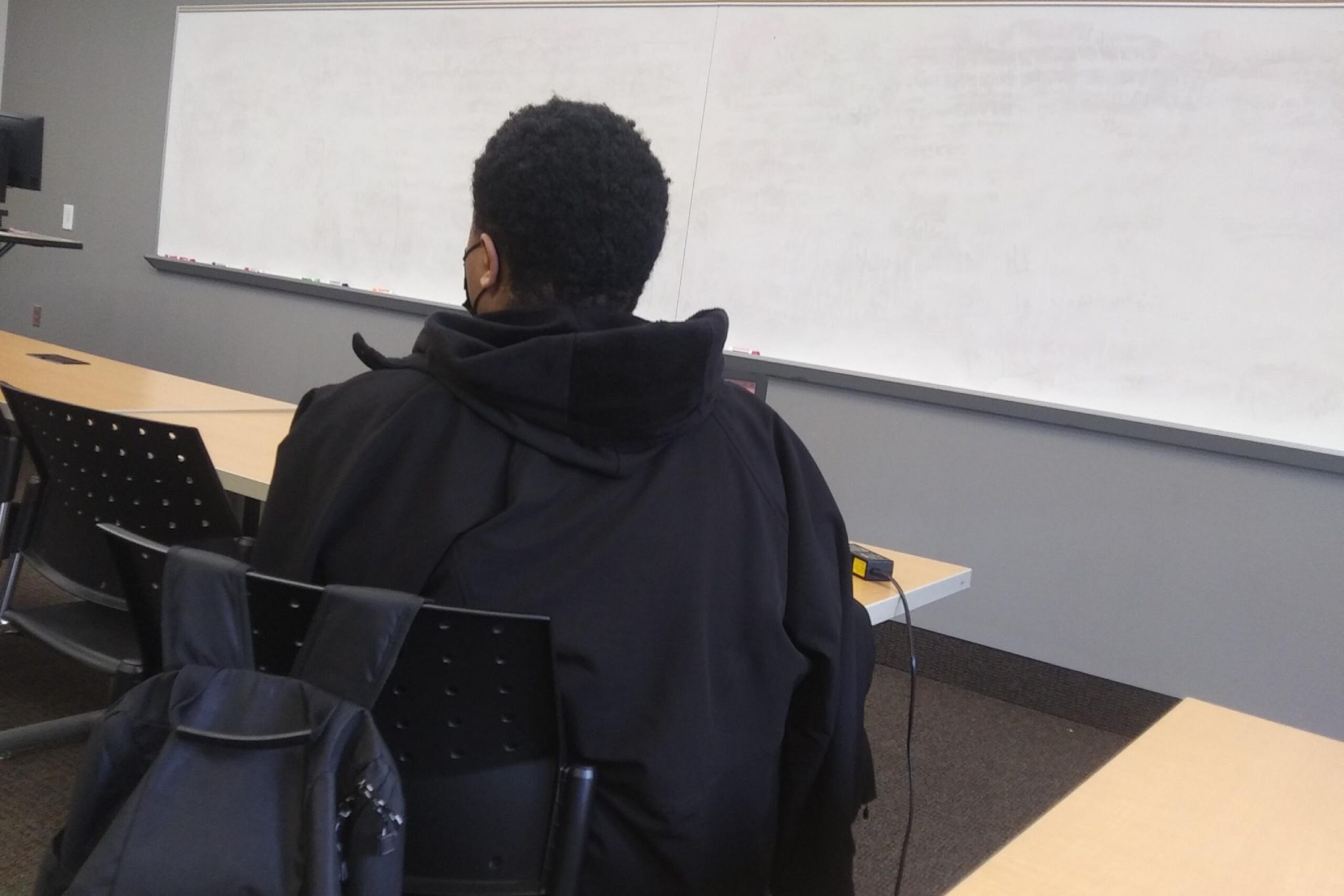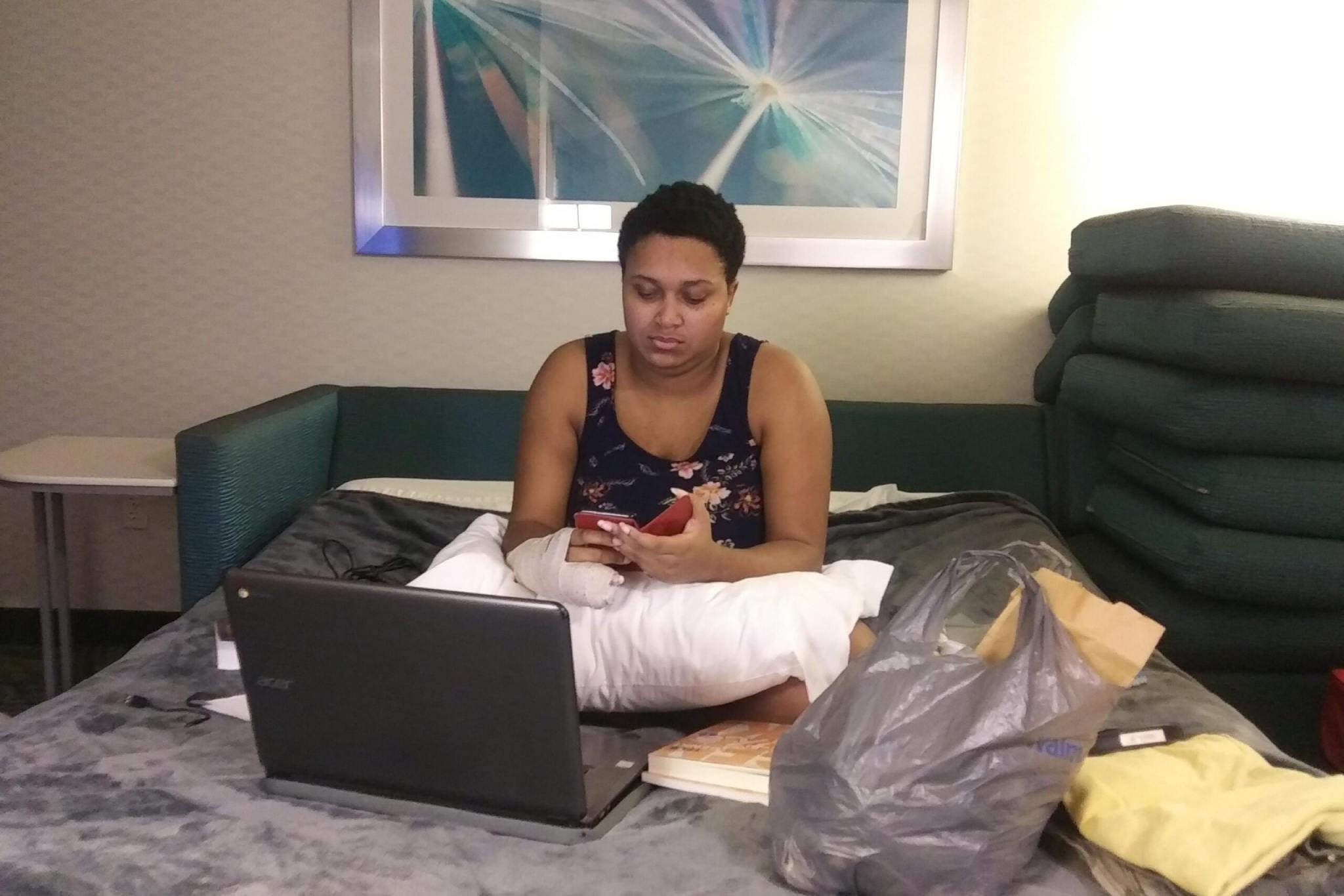For most of my life, school was just about making the grades—being successful on paper. I was, admittedly, quite the teacher’s pet, even when I acted like a class clown.
When I was doing well, I still procrastinated and distracted myself from my work because it was just so darn boring. Even though I cared about grades, it was hard to care about the work itself. Even in elementary and middle school, I figured I’d go for a high-paying job that I hate and be sad, but successful, for the rest of my life. It only exacerbated my anxiety and depression to put so much pressure on myself for what I considered pointless in the end.
Unfortunately, it often felt like no one noticed or cared how I was really doing. I’ve had many instances where I’ve complained about school being hard, only to be brushed off because my grades were good. However much I struggle with perfectionism, obsession, and insecurity when it comes to my academic record, it’s difficult to do your best or even want to when there’s no motivation, when you’re limited in what you’re learning and how you’re learning it. Why push myself to do something I don’t want to do? Why get worked up over busy work?
It’s weird being excited to come to class—to have assignments and projects that I would do or actually have done in my free time. I enjoy talking to my teachers and peers about gender, poetry and screenwriting, learning languages, and Black History.
– Elijah Arnold
College is so different from high school. Sure, there are some general education requirements (unless you lucked out on those AP exams…can’t relate), but right from the first year, you’re allowed to choose what you want to study and sometimes how you want to study. There’s a much more accommodating environment, and it’s ever expanding. It took a while for me to narrow it down to an English B.A. with a Creative Writing concentration and minors in Pan-African Studies and Gender & Sexuality Studies.

It’s weird being excited to come to class—to have assignments and projects that I would do or actually have done in my free time. I enjoy talking to my teachers and classmates about gender, poetry and screenwriting, traveling and learning languages, and Black and African history. I look forward to and map out other classes that I want to take and clubs that I want to join. Knitting Club especially has been great for getting me back into one of my favorite hobbies and excited about arts and crafts again. My Japanese class even got me using Duolingo regularly.
I’m grateful for these classes and my professors for keeping me motivated, or for giving me that motivation in the first place. I want to do well because I enjoy the work, not out of a desperate need for perfect transcripts. It’s a great way to stay passionate and not burn yourself out.
Personally, when I get bored, I’m so done with everything that I just go to sleep. It’s not practical to take a nap in the middle of every study session—maybe that’s why my sleep schedule still needs so much work—but it’s one of the ways that I procrastinated. And that’s the problem: There’s always going to be things that we don’t feel like doing that need to get done. Not everything can be put off for later. It doesn’t mean every class, every assignment, every day has to be a struggle.

I think that these classes and this format resonate with me more because I’m an adult now. It doesn’t feel as mandatory, so I don’t feel as pressured and stifled. I wasn’t given the option whether or not to take Spanish. And, as a kid surrounded by people much more confident in the language, it made me uncomfortable, and I felt the need to overcompensate. Here, I chose to take Japanese, and everyone is more or less at the same level. Or, I can take a class like Intro to Africana Studies, where I learn more of the history that I missed out on in middle and high school. I can have a back-and-forth conversation with my teachers instead of feeling too small and stupid to raise my hand or give an opinion. Even the busy work doesn’t feel like busy work.
It’s about what you’re learning and how you’re learning it. It’s about whether you care to apply what you’ve learned outside of the classroom. It’s about having something worth pushing yourself for and to. It’s easier to procrastinate when the work is boring or you don’t know how to do it versus when the curriculum adapts to your interests and style of learning. So college may not be easy, but it doesn’t have to be the same restrictive, formulaic experience that a lot of us have had since grade school. Something that fits you rather than one-size-fits-all is the best motivator.



